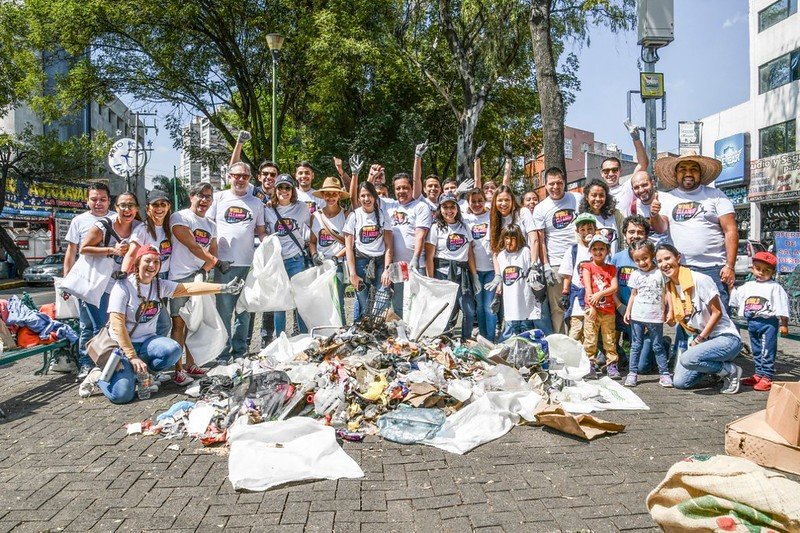![]() World Cleanup Day harnesses the power of people around the world to cooperate and collaborate to clean our environment, including UNESCO World Heritage sites. This effort involves all levels of society – from citizens to business, to government to reduce the harmful effects of pollution in communities all over the world.
World Cleanup Day harnesses the power of people around the world to cooperate and collaborate to clean our environment, including UNESCO World Heritage sites. This effort involves all levels of society – from citizens to business, to government to reduce the harmful effects of pollution in communities all over the world.
Pollution is a global problem requiring a global solution, even in the most isolated places. Marine debris for example accumulates on the beaches of remote and pristine UNESCO marine World Heritage sites, including Aldabra Atoll (Seychelles). Through action, education and research, the Seychelles Island Foundation removed 25 tons of waste, including 60,000 plastic flipflops.
Vast quantities of plastic litter have been accumulating on Aldabra’s coast and this has dramatically accelerated in recent years. This litter is having devastating impacts on the otherwise near-pristine ecosystems, including by clogging up key turtle nesting beaches.
In response, the Seychelles Island Foundation and the Queen’s College, Oxford, set up the “Aldabra Clean-Up Project”. They raised the necessary resources to collect waste and bring it from the remote atoll to the main island of the Seychelles. A team of 12 young volunteers collected 25 metric tons of waste, including 60,000 individual flip-flops and discarded fishing gear. The Aldabra Clean-Up Project demonstrates how UNESCO marine World Heritage sites can challenge all of us to think differently about waste management and how our society is organized.
This year for World Cleanup Day, UNESCO is encouraging you to share your ‘Trash Hack’. Trash Hacks are small actions to reduce waste which can lead to big ideas for the planet. Join UNESCO and Trash Hack your life, neighbourhood and the world with Education for Sustainable Development.

